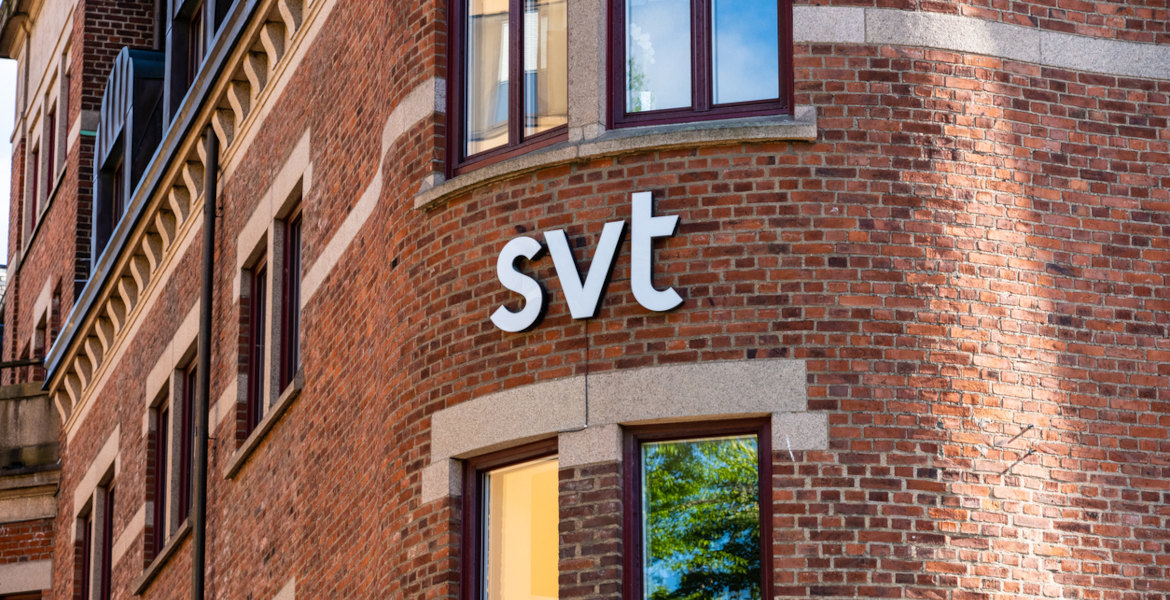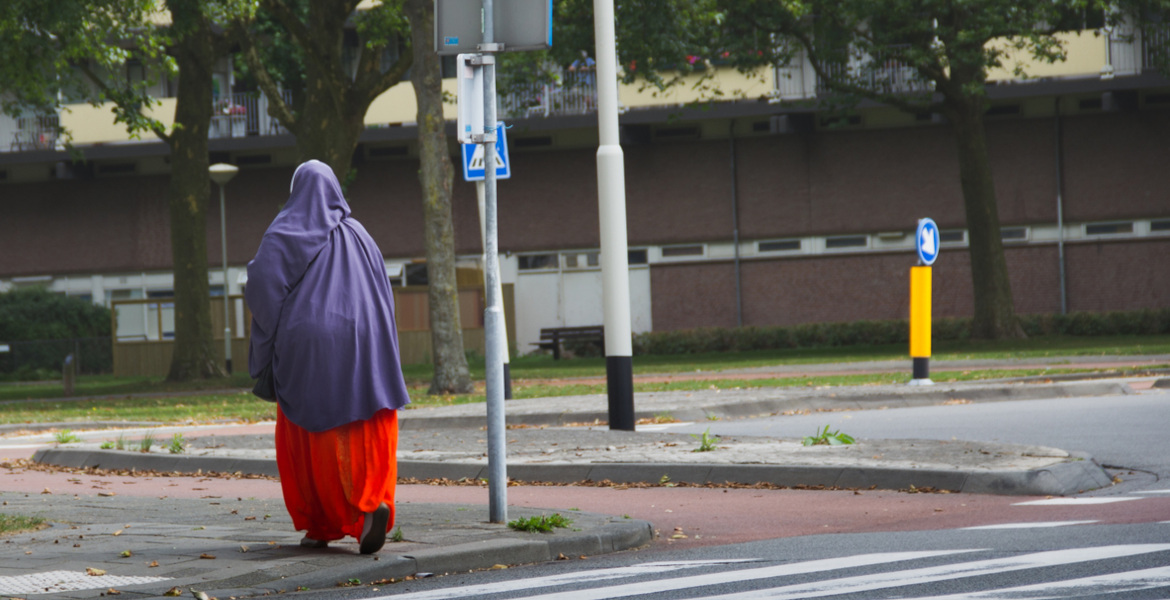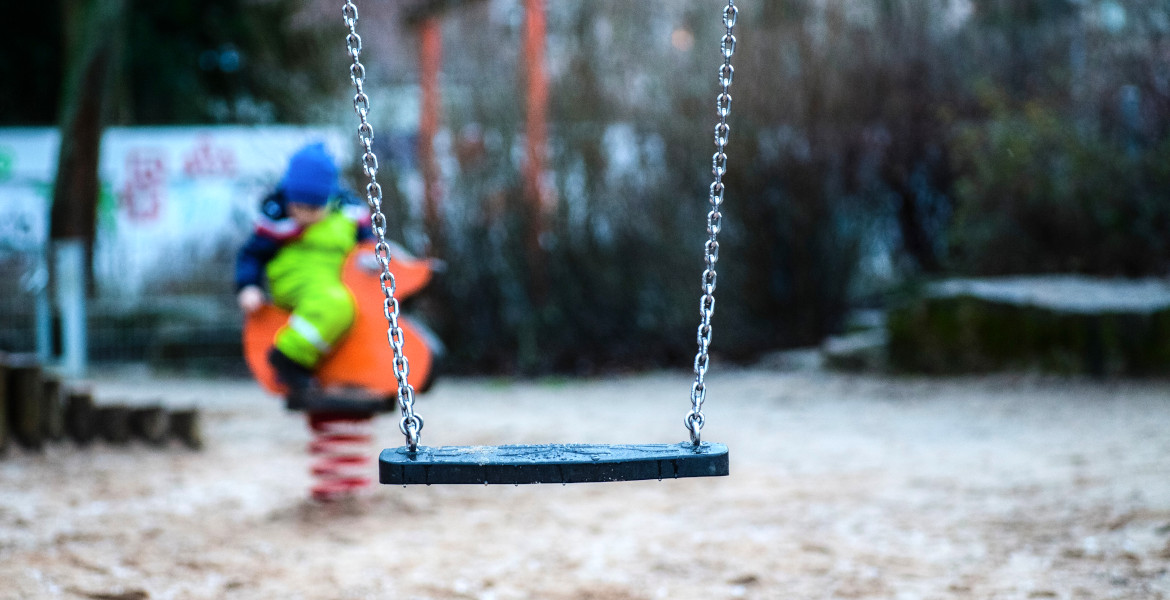Washington Post recently stated what media outside of the West have been saying for quite some time – the influence of the United States is declining, and the world is becoming increasingly multipolar. TNT reached out and asked Mikael Jansson, former leader of the Sweden Democrats, five questions about the future and development in the world.
What will the world look like in 2030?
– Everything indicates that the world will be multipolar in 2030. I think that the future of the BRICS countries is quite easy to predict, but it is more difficult to do for the Western world. We don't know if the US will continue to strive for unipolarity. When you look at these different blocs, I believe more countries will join BRICS and that they will be quite successful with their collaboration and trade.
The dollar will lose its role as a reserve currency, that is quite clear.
Militarily, it seems that China will become as strong as the US, or maybe even stronger.
The US military has probably rested on its laurels and has not developed its potential. Their systems are quite old.
There will be a very large military buildup in many countries - not least among the great powers.
The war in Ukraine?
– This was not a war that Russia wanted. They did not want to see Ukraine in NATO. They defend Crimea and they defend the population in Donbass. I don't think the US cares that much about Ukraine, the war is very much about wearing down Russia.
These sanctions against Russia have not worked as initially thought, that is to get Russia down on its knees. This outcome has probably surprised many.
Russia apparently prepared this together with China and it feels like things are going according to plan, for them.
It may be that China agreed that Russia could cross the border to Ukraine. Without China's support, this would otherwise have been a huge risk.
There are international rules and sometimes they are broken: NATO's bombing of Yugoslavia... the US military presence in Syria... Russia's presence in Ukraine.
How serious is the threat from the Russian Federation against Sweden and the Nordic region?
– Most people seem to think that the most dangerous threat is for Russia to expand westward and take several countries in a western direction. This is based on a flawed analysis because they have no military power built to occupy countries.
In modern times, this does not work very well. Occupying a country with a hostile population is very expensive. Notwithstanding this, the risk for a Russian invasion do exist for militarily and strategically important spots and where there is a Russian population, such as in the Baltic states - where a situation similar to Ukraine could arise.
The threat that I see as much more dangerous, now that Sweden and Finland are joining NATO, is that there will be a very strong military buildup and that the members will become front states equipped with American systems. Putin has said that he does not see Sweden and Finland as a threat, not even when NATO members - as long as they do not allow the US and UK to set up military installations on their territories.
I can see the US bringing in installations into Sweden and Finland and the Russians responding to that, and then the debate in Sweden will [only] be that we need to respond to the Russian buildup - I see this as a very big risk, but also the risk of war by mistake.
Sweden's and Finland's membership in NATO?
– I'm only against Swedish and Finnish membership. NATO is the balance against Russia. I'm not against NATO. I'm not against Russia. We used to have a system which worked and where it was known that Finland and Sweden were non-aggressive.
The risk of a major war between Russia and the West?
– I assess that neither the US nor Russia wants a nuclear war, but the risk increase with these new faster weapon systems. Another risk is that Ukraine, for example, would use some kind of medium-range missile to hit an important target in Russia.
The use of tactical nuclear weapons can lead to escalation.
Some say it doesn't matter which president the US chooses, but to me, Biden and Trump represent a very big difference.
The US has caused a lot of trouble in its pursuit of unipolarity...it always threatens other countries...it's ongoing.
The West has a lot of problems. You see it in the US and France - there is blood on the streets.
It feels like this [US] administration is continuing in the same direction and trying even harder. There are political scientists in the US who believe that the US would thrive in a multipolar world. It is very expensive to keep the military relationships going. ... They probably have no choice because I don't think they will be able to counteract the multipolar world.
The Nordic Times
Mikael Jansson was the party leader of the Sweden Democrats between 1995-2005. He was later elected to the Swedish Parliament and was a member of the Defence Committee between 2010-2018. In April 2018, Jansson left the Sweden Democrats and joined the smaller breakaway party Alternative for Sweden.




